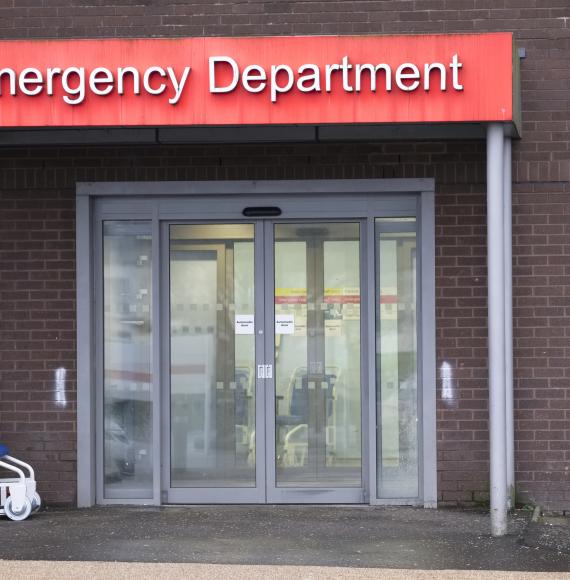The NHS Confederation’s NHS Reset campaign recognises that the NHS must transform the way it works if it is to be able to cope successfully with the combined challenges of restoring services to normal and dealing with the backlog of work, the onset of winter and ensuring surge capacity in case of a new wave of Covid-19.
The campaign includes suggestions from employers to national leaders which will supplement and support the actions of local leaders to increase workforce supply and improve staff experience. These focus on relationships and ways of working between the different parts of the system and practical national policy and funding decisions that would help.
The NHS People Plan for 2020/21 reminds us that transformation is an ongoing process but also that people have been working under significant pressure, and that looking after ourselves and each other will be essential if services are to be transformed successfully. The NHS Chief Executive and Chief Operating Officer have written to NHS organisations setting their expectations for phase three of the pandemic, including the aim of restoring services to pre-pandemic levels. While we believe that this is the right approach, we do not underestimate the scale of this challenge given the immense pressure that NHS organisations and staff continue to face.
During the crisis clinicians, managers and teams united around a clear and pressing shared purpose. This led to more agile and innovative working and more rapid decision making, with clinicians and teams empowered to do things differently across teams and across settings. Through our conversations with employers they have given a clear message of the opportunity we have to use the learning from recent months to make decisions about the future that will have a positive impact on all of our staff, and there is no desire to roll back on the progress that has been made so far.
During the pandemic we saw how staff mobilised into different health and care roles. The speed and flexibility with which staff and services adapted to rapidly changing circumstances allowed the NHS to respond in the way that it did.
We have also heard that clinicians have re-discovered some of the professional pride and enthusiasm that had led them to join the profession in the first place. Supressed perhaps as the result of workload and other pressures. The NHS People Plan points out that ‘successes in teams were made possible by good communication, high levels of trust, distributed leadership, and rapid decision making, as bureaucracy fell away and people felt empowered to do what was needed’.
The Academy of Medical Royal Colleges has said that “in healthcare settings, a strong and confident professional identity has been linked to staff wellbeing, clinical practice and patient care”. The Academy also notes that sustaining those benefits requires that professional identity to be flexible and able to adapt to new ways of working, and the sense of belonging brought by belonging to a profession should not be lost by being part of a multidisciplinary team.
The challenge that we have now is to retain that flexibility and shared sense of purpose and resist the temptation to retreat into professional silos and to re-establish the traditional demarcation of roles and responsibilities.
Health Education England’s report on the future doctor looks ahead to transformed, multi-professional teams where doctors promote a culture in which each member of the team is acknowledged, respected, valued and empowered to accept shared responsibility. This reflects the aims within the NHS People Plan to design roles which make greater use of the skills within people and teams more effectively and which fit their needs and preferences more closely.
The future depends on professionals, teams and patients working collaboratively to shape and deliver services, blurring the traditional boundaries between professions, organisations, and sectors.
The last few months have shown that allowing supported and engaged multi-professional teams the freedom and autonomy to improve and transform services can allow a collaborative rather than protectionist professional identity to flourish within highly performing teams. Encouraging and supporting this new professionalism will have a positive impact on wellbeing, which in turn will help highly skilled and motivated staff to plan and deliver the best possible care for patients.



















